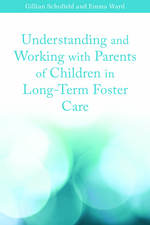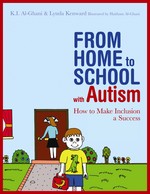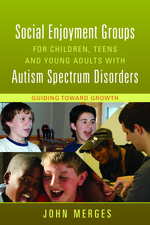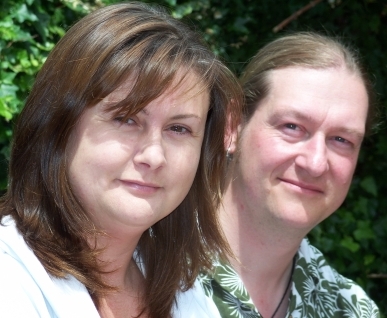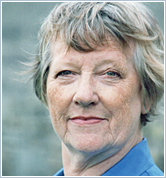Understanding and Working with Parents of Children in Long-Term Foster Care – An Interview with Gillian Schofield and Emma Ward
“Parents felt that, with a few exceptions, social workers did not and could not understand what it was like for them as parents of children growing up in care. There was stigma to bear as well as the emotional loss. In contrast, social workers talked of being aware of the parents’ distress and loss, but often not having the time to see parents, because they were focussing on work with and for the child, or simply not knowing how to help parents.”
